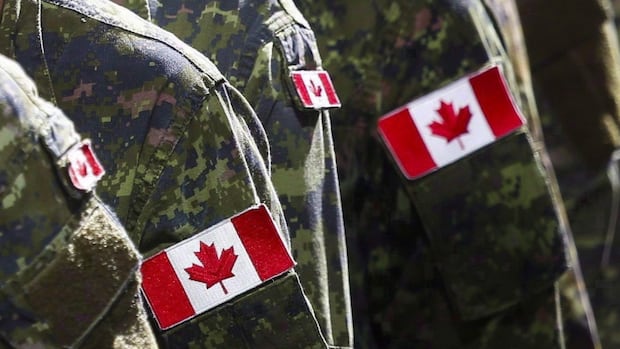Liberal Government Reintroduces Military Justice Reform Bill C-11
The Liberal government has reintroduced legislation, Bill C-11, aimed at reforming the military justice system. This bill, previously known as Bill C-66, died in the last Parliament and seeks to remove the military’s authority to investigate and prosecute sexual offences under the Criminal Code, transferring it to civilian authorities.
Key Provisions of Bill C-11
Defence Minister David McGuinty emphasized that the reintroduction of Bill C-11 marks a "pivotal moment" for the Canadian Armed Forces. The proposed changes to the National Defence Act are intended to increase trust in the justice system and expedite the prosecution of cases. McGuinty believes the legislation will garner cross-party support.
- Removes military jurisdiction over sexual offences within Canada.
- Transfers the investigation and prosecution of these offences to civilian authorities.
- Establishes a “solid floor” for building a more transparent and predictable justice system.
Background and Recommendations
The bill responds to recommendations from independent reports by former Supreme Court justices Louise Arbour and Morris Fish. These reports highlighted concerns regarding the independence and competence of military police in handling sexual assault cases. The Arbour report, in particular, noted skepticism among stakeholders and survivors about the military’s ability to impartially investigate such cases.
In 2021, then-defence minister Anita Anand moved to accept Arbour's recommendations without formal changes to the law. Since then, all domestic cases of sexual offenses within the Canadian Armed Forces have been dealt with by local police.
Controversies and Concerns
While the legislation has received some level of support, concerns have been raised. Conservative defence critic James Bezan argued that eliminating military oversight of sexual assault cases domestically could lead to a loss of investigative expertise, particularly for cases outside the country. Advocates and survivors have also expressed worries about overburdening the civilian justice system.
"Whenever our troops are deployed out of Canada, we are still going to be in a situation where they are going to be the lead investigators and lead prosecutors... If they are not good enough to prosecute and investigate sexual misconduct within the Canadian Armed Forces when it happens here in Canada, how do we know we can trust them for cases outside Canada?" - James Bezan
Government Response and Next Steps
McGuinty stated that the federal government has signed an agreement with Ontario to prepare its justice system for a potential influx of cases. He sees this as a model for working with other provinces to ensure they are equipped to handle the increased caseload. The new legislation also implements Fish's recommendation for a revised appointment process to insulate key military justice positions from pressure.
The new bill also follows through on Fish’s call for a new process to appoint three important military justice positions: director of military prosecutions, the director of defence counsel services and the provost marshal.
 Visit the website
Visit the website






